Apple mobile devices okay for Defense Dept. work
Summary: The Defense Dept. recently approved iOS 6 devices as fit for DoD work and wants a multiplatform mobile management in place by early next year for Android, Apple and Blackberry solutions.
According to a recent Defense Information Systems Agency announcement, Apple iOS 6 is approved for use on DoD networks. The security technical implementation guide (STIG) means that iPhones and iPads will be approved for current mobility implementation pilots as well as the forthcoming omnibus Mobility Device Management framework, which is due next year.
The release of the Apple iOS 6 STIG is a major stride in building a multivendor environment, supporting a diverse selection of devices and operating systems, DISA officials said. This STIG and the recently approved STIGs for the BlackBerry and Samsung Knox operating systems demonstrate DISA's commitment to validate a range of devices that meet DOD security standards so the best technology is available to achieve mission requirements, they added.
Actual orders will be tied to identification of specific operational requirements and funding availability of using organizations, officials said.
In announcing the latest STIG approval, DISA officials said a key objective of the Commercial Mobile Device Implementation Plan is to establish a department-wide mobile enterprise solution that permits the use of the latest commercial technology -- such as smartphones and tablets -- and the development of an enterprise mobile device management capability and application store to support about 100,000 devices from multiple vendors by February.
The release said the Defense Department currently has more than 600,000 "commercial mobile devices in operational and pilot use," including some BlackBerrys (470,000), iOS devices (41,000) and Android devices (8,700).
The site Patently Apple said that all the device companies are working on adding fingerprint security to their devices for this contract. The next round of iOS will likely support fingerprint scanning technology.
It's been rumored since January that Apple's next iPhone would in fact debut with their patent-pending fingerprint technology and on April 22, Patently Apple broke the news that the fingerprint sensor may have been the culprit holding back a new iPhone. In hindsight, Apple could have been still working out specification details about the fingerprint scanner with the Pentagon.
Speculation aside, the news concerning Apple devices being "approved" for lower level non-classified communications security may not have covered the full story. In order for Apple to have been considered for the new Pentagon contract, Apple had to first be approved for clearance. At the end of the day, it's now clear that Apple is firmly in the race for the new Pentagon contract.
By David Morgenstern for The Apple Core
Source: http://www.zdnet.com



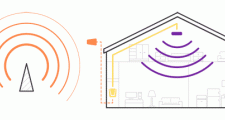



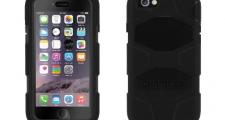
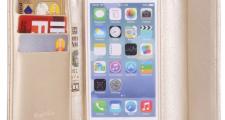
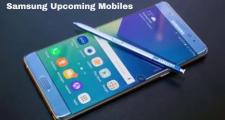

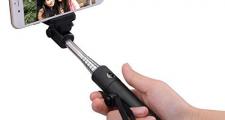
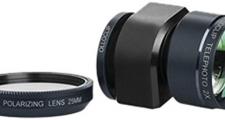
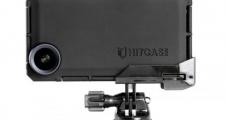
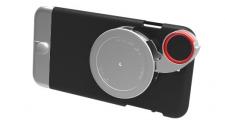
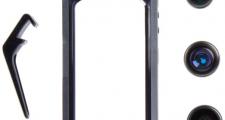
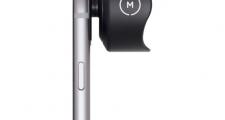
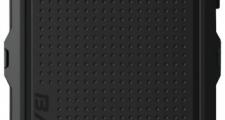
Sections & Tags